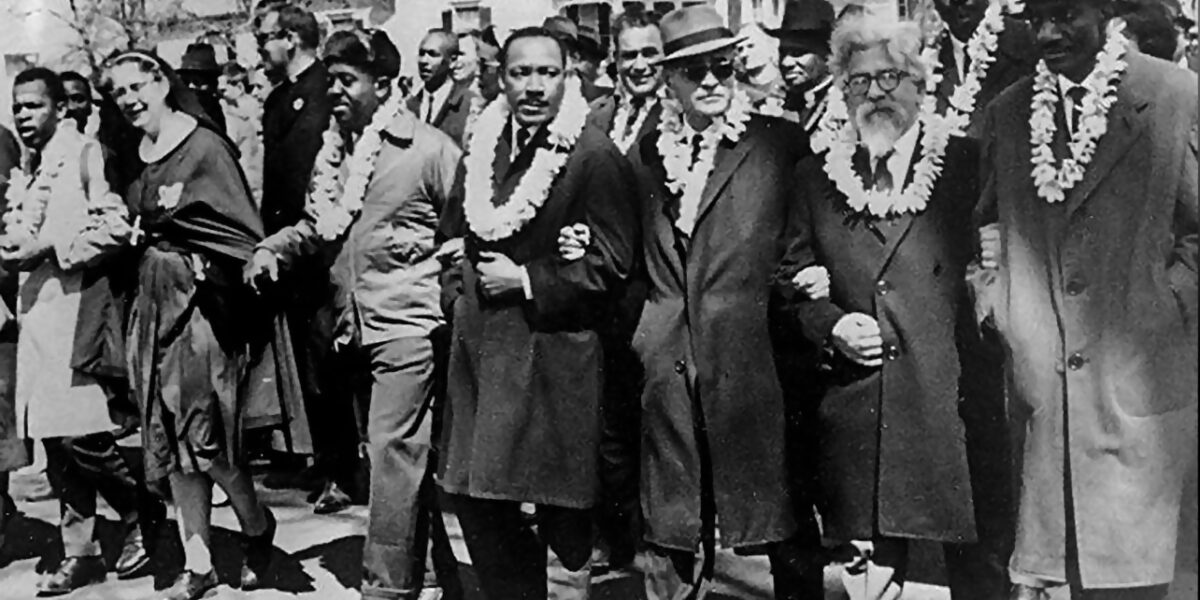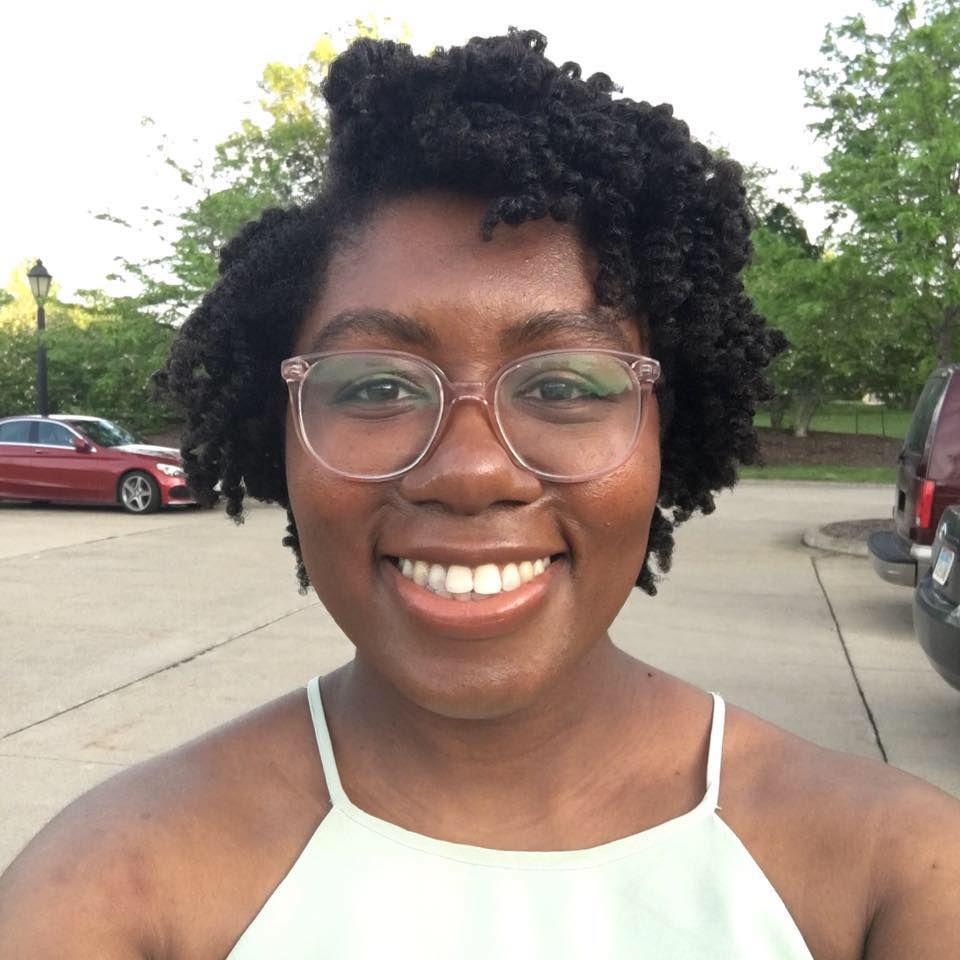"Peace is not merely the absence of some negative force — war, tensions, confusion, but it is the presence of some positive force — justice, goodwill, the power of the kingdom of God." — Dr. Martin Luther King, Jr., "When Peace Becomes Obnoxious"
I am reflecting on these words from Dr. Martin Luther King, Jr. this month. January commemorates his birthday, as well as International Holocaust Remembrance Day. Recently, anti-Semitism has been on display within the United States, on a grand scale. And much has already been said of the attack on the U.S. Capitol earlier this month. Mennonite Church USA Executive Director Glen Guyton wrote this response to the attack. As I think on these events, I reflect on the question asked of Jesus, "Who is my neighbor?" (Luke 10:29). Secondly, I wonder what I can do to see the goodwill of the kingdom of God present here, on earth.
Snow falling peacefully on both Christmas lights and the Hanukkah menorah is the image that returns me to the question, "Who is my neighbor?"
I grew up in Northeast Ohio. I went to high school in a diverse area, where a large Jewish community resides. The shopping centers are decorated with Hanukkah decorations. My high school calendar had vacation days in commemoration of Christian holidays, as well as Jewish and Muslim holidays. My neighbors were people of different religious and ethnic backgrounds. Though I have moved away and no longer live in that neighborhood, my neighbor remains all people, as all are made in the image of God.
To imagine the flourishing life of my neighbor, I think of the example of peace represented in the friendship between Dr. King and Rabbi Abraham Heschel. Dr. King and Rabbi Heschel were both speakers at the National Conference on Religion and Race in 1963, where Heschel said, "The prophet is a person who is not tolerant of wrongs done to others, who resents other people’s injuries." Dr. King and Rabbi Heschel marched together on the journey from Selma to Montgomery, Alabama. They advocated for changes that would bring about a world in which people could live the abundant life God granted them.
Jesus spoke of bringing life and life more abundantly in the Gospel of John (see John 10:10). When I hear calls for destruction, I focus more and more on a world I would like to see come to fruition. I dream of a world of less dehumanization, where we walk more hand-in-hand. I dream that we remember we are tied together as one community. In the times when we think of the deaths of those gone past, may we, next, think of how to make way for life — abundant life — for all of those around us. I pray that I will be in step with God and my neighbors, to act toward the kind of wellness that heals division, through seeing my neighbor as an image-bearer of God and walking with them toward a peace where we may live.








